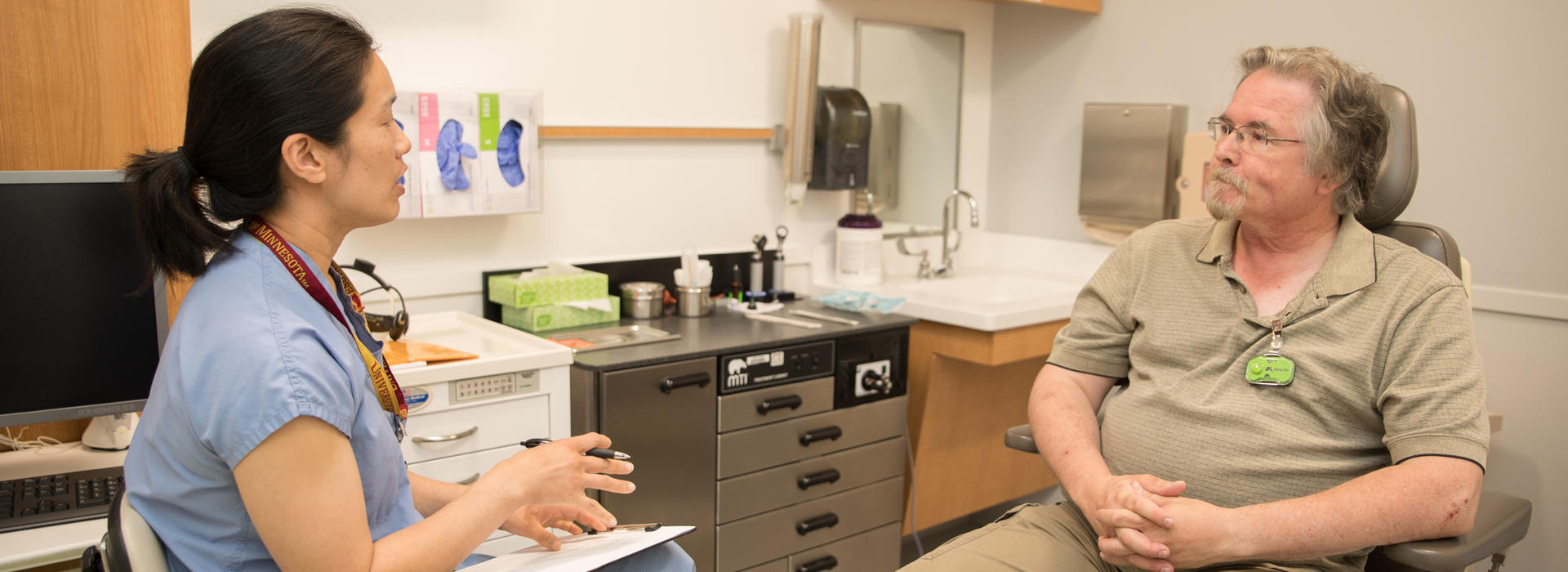
Increased Communication Between Hospitals Improves Patient Care and Survival Rates
MINNEAPOLIS - July 16, 2018 – Well more than a million patients are transferred between hospitals each year in the U.S. This process is challenging both for hospitals and patients and breakdowns in communication are common.
A recent University of Minnesota Medical School study showed that there is a lot of lost information, or changes in diagnosis, from the sending hospital to the receiving hospital. Researchers found that 73% of patients gained a new diagnosis following transfer while 47% of patients lost a diagnosis, according to electronic records. Transfers where both hospitals participated in data sharing mechanisms such as a health information exchange, were associated with a lower rate of information loss and lower mortality
“Diagnostic Discordance, Health Information Exchange, and Inter-Hospital Transfer Outcomes: a Population Study” was recently published in the Journal of General Internal Medicine, focuses on the patients transferring from one hospital to another and to highlight the importance of efficient communication between hospitals. Data from more than 180,000 patients, 18 years or older, in 5 states over a 3-year period was studied. Researchers compared the chronic diagnosis before and after transfer, and the impact that data sharing had on information transfer and patient outcomes.
“In this population- which is very high risk—the ability of two hospitals to talk to each other has the potential to improve patient safety, make care much more cost effective, and reduce mortality,” said author Michael Usher, MD, PhD, Assistant Professor of Medicine, Division of General Internal Medicine.
About the University of Minnesota Medical School
The University of Minnesota Medical School is at the forefront of learning and discovery, transforming medical care and educating the next generation of physicians. Our graduates and faculty produce high-impact biomedical research and advance the practice of medicine. Visit med.umn.edu to learn how the University of Minnesota is innovating all aspects of medicine.
Contact: Krystle Barbour
kbarbour@umn.edu
612-626-2767